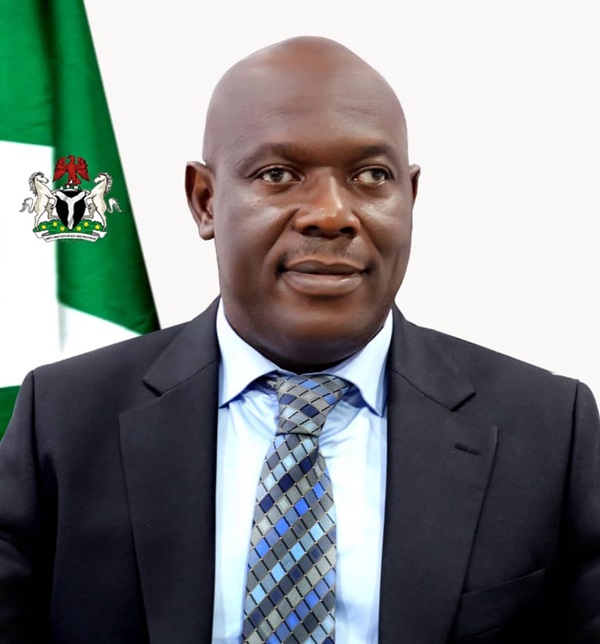
The project coordinator of the Hydrocarbon Pollution Remediation Project (HYPREP), Prof. Nenibarini Zabby has detailed steps to address climate change challenges and enhance the well-being of humans and the environment.
Zabby shared these insights during discussions with journalists at the 17th meeting of the National Council of Environment in Abuja.
He clarified that HYPREP is tasked with executing the recommendations outlined in the United Nations Environment Programme (UNEP) report concerning the environment of the Ogoni people in the Niger Delta.
HYPREP’s responsibilities include the remediation of Ogoni land, providing clean water to Ogoni communities, and creating livelihood opportunities for the local population.
The organisation is actively engaged in shoreline cleanup and mangrove rehabilitation in Ogoni to restore ecosystem services such as water maintenance.
Zabby explained, “Regarding the cleanup efforts, we have categorized it into two types: cleaning up contaminated terrestrial areas and cleaning up wetlands, specifically the mangrove creeks in Ogoni land.
“We have structured our cleanup program into three phases, starting with the cleanup of simple sites contaminated with oil solely in the soil, and progressing to complex sites where both soil and water are contaminated.”
He further delineated the complexity levels within the cleanup sites, distinguishing between medium-risk complex sites situated away from residential areas and high-risk complex sites located within residential zones.
Additionally, Zabby highlighted HYPREP’s ongoing activities, including the cleanup of 2000 hectares of oil-affected shoreline in the creeks of Ogoni, mangrove restoration on 560 hectares of former mangrove areas, and the cleanup of 39 medium-risk complex sites, with preliminary work initiated on high-risk complex sites.
The project also involves training 5000 youth and women in Ogoni across 21 skill areas to foster sustainable livelihoods in the region.
In addressing climate change concerns, Zabby emphasised the importance of the mangrove restoration project, noting that mangroves are highly effective carbon sinks, capable of sequestering carbon at a rate five times higher than tropical rainforests.
He remarked, “Our mangrove restoration initiative is the largest of its kind worldwide in an oil-impacted setting, underscoring its global significance.”
Zabby further mentioned the community involvement in the project, particularly in enhancing the capacity of residents through the establishment of environment vanguards, who receive support to propagate mangrove seedlings for planting activities.
Community members actively participate in planting activities as part of a broader livelihood program.
Furthermore, Zabby shared that two airlines conducted interviews in Ogoni, employing five youths trained by HYPREP as cabin crew members.
The project aims to create sustainable livelihood opportunities while simultaneously restoring the environment to revive traditional livelihoods centred around fishing and agriculture.
Lastly, Zabby noted that HYPREP has obtained 48 closeout certificates from the National Oil Spill Detection and Response Agency (NOSDRA).

